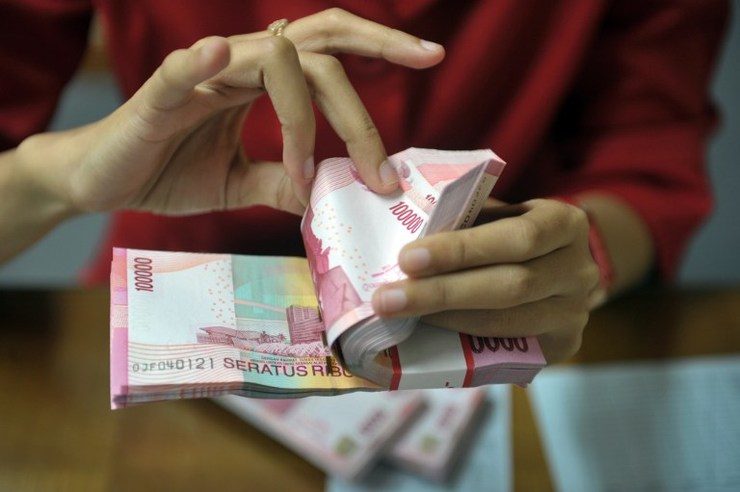SUMMARY
This is AI generated summarization, which may have errors. For context, always refer to the full article.

JAKARTA, Indonesia – Indonesia has been warned to expect a turbulent fiscal year, as low commodity prices and uncertainty surrounding the Chinese economy continue to affect global markets.
The International Monetary Fund (IMF) on Tuesday, January 19 revised the world growth forecast down to 3.4% in 2016 from 3.6% in October, and has warned some economies may struggle in the current economic forecast.
Benedict Bingham, Country Head at the IMF said at a Jakarta Foreign Correspondents Club forum that emerging economies would be hit hard by the falling commodity prices.
“Commodity prices have been taking a beating, and that’s providing stiff headwinds for emerging market economies,” he said on Wednesday, January 20.
“Many of the major emerging market economies, like Indonesia have been somewhat reliant on the previous commodity boom.”
The price of oil hit USD$28 a barrel on Monday, a 13-year low, due to the oversupply of crude oil. The price has also been influenced by the recent lifting of sanctions against Iran.
“Decline in oil prices is a two-sided picture: it hurts some, it benefits the other,” Bingham said. “At the moment, the hurting side in terms of the global economy is dominating the support side.”
Indonesian recovery
Despite uncertainty, Steven Tabor, Country Head of the Asian Development Bank expects the Indonesian economy to recover slightly in 2016 after a worse than expected 2015.
“Our forecast for 2016 is that after 2015 we expect to see a slight recovery in the economy, and we do think that inflation will be on a steadily lower track,” he said.
Falling commodity prices have also triggered a shift in investment towards new sources of growth to balance the economy.
“New sources of growth are attracting more and more investor interest, they are attracting more and more activity and innovation,” Tabor said.
“There are areas [such as ] e-commerce and tourism which are growing very rapidly and where Indonesia has enormous potential for expansion.”
Experts also agree that the Indonesian economy grew stonger in recent years and is better equipped to handle the current global volatility.
“Indonesia’s capacity to handle this external volatility has improved significantly and progressively, over the past couple of years,” Bingham said.
Work to be done
However, the Asian Development Bank is still calling for greater diversity to further strengthen the Indonesian economy.
“What is really needed, not only in 2016 but going forward, are new sources of growth, more diverse growth… to create a more diverse economy,” Tabor said.
The Chinese economy has continued to spread uncertainty, with the full global impact of their slowly economy yet to be clear.
The superpower announced the economy grew by 6.9%, the country’s lowest growth in 15 years, causing losses to be felt across many major international markets.
“The spillover effects [from China] to other economies is also subject to a lot of uncertainty, because we have underestimated those spillovers in the past,” Bingham said.
“Given the global downgrade in growth, treading water in 2016 may be a pretty good result.”
Despite some promising signs domestically for Indonesia, experts warned that international volatility would strongly influence the economy.
“So bottom line for Indonesia, it’s still a difficult global setting, with weak growth and potential bumpiness,” Bingham said.
The slowdown in China’s economy, coupled with the shock devaluation of the yuan and uncertainty over a possible US Federal Reserve rate hike, has battered Indonesia’s market and currency in 2015.
Factors at home haven’t helped, with the country’s Statistics Agency blaming widespread haze from raging forest fires across the country for disrupting the local economy.
Indonesia had enjoyed above 5% growth in recent years with the exception of 2009 due to a global slowdown. – Rappler.com
READ MORE:
- Indonesia’s economy picks up slightly in Q3
- Q&A with Trade Minister: How Indonesia is fixing its ‘misguided’ economic policy
- 5 things you need to know about Indonesia’s economic stimulus
Add a comment
How does this make you feel?
There are no comments yet. Add your comment to start the conversation.